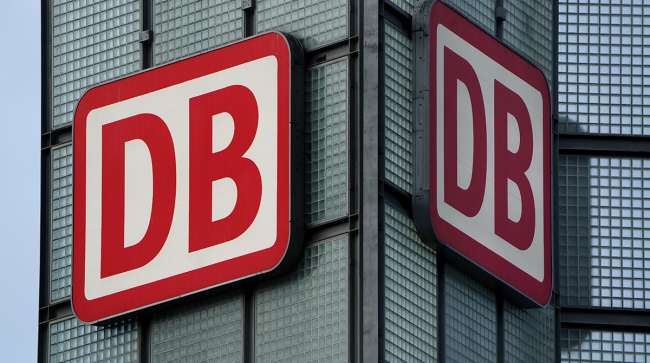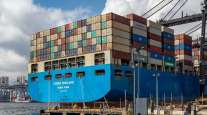Deutsche Bahn to Sell Logistics Unit Schenker

[Stay on top of transportation news: Get TTNews in your inbox.]
BERLIN — Germany’s main national railway operator, Deutsche Bahn, on Dec. 19 launched an effort to sell its logistics unit, DB Schenker, as the company seeks to concentrate on its core business at home.
Schenker has about 76,600 employees in more than 130 countries and for years generated high profits, helping push Deutsche Bahn into the black. The state-owned parent company describes it as one of the world’s top four logistics firms.
Deutsche Bahn Group ranks No. 15 on the Transport Topics Top 50 list of the largest global freight companies. DB Schenker (North America) ranks No. 17 on the Transport Topics Top 100 list of the largest logistics companies in North America.
Deutsche Bahn issued an announcement that it’s considering selling “the entire share capital of Schenker AG in an open, transparent and nondiscriminatory process” and called for potential bidders to indicate their interest by Jan. 15.
Want more news? Listen to today's daily briefing above or go here for more info
The company said that it would retain all proceeds from a sale, which would go in large part to reducing debt and that disposing of Schenker would “significantly accelerate” its focus on its core business. It already has sold several business units outside Germany, including European public transport subsidiary Arriva.
German authorities are keen for Deutsche Bahn to focus on improving service at home, where the railway has struggled with growing reliability issues in recent years and needs significant investment.
The company said that a sale would also be good for Schenker itself.
“DB Schenker has contributed very positively to the DB Group’s economic growth over the years,” the company said in a statement. “However, the DB subsidiary will need more capital and flexibility for its own growth.”



